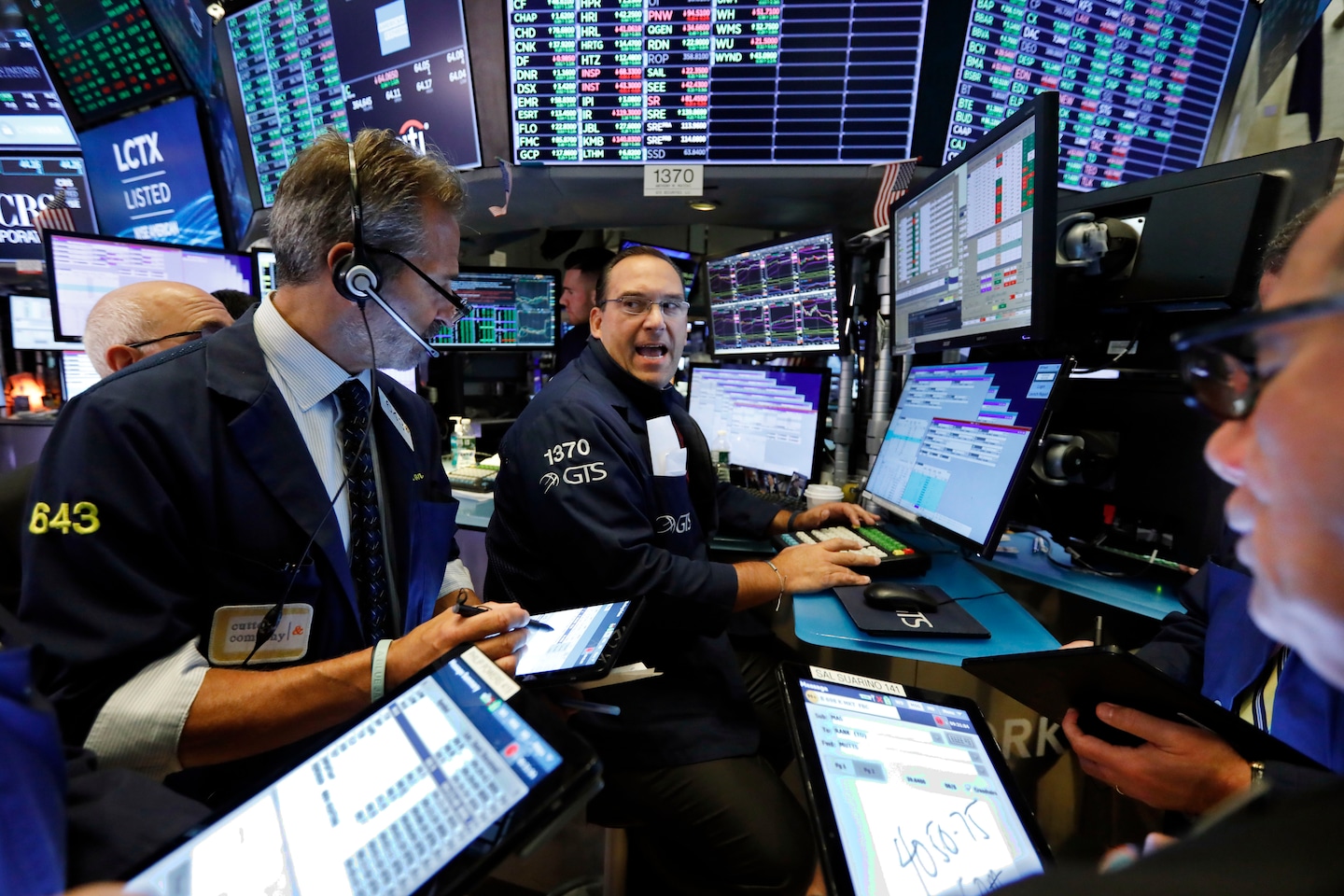Businesses with ‘windfall’ pandemic profits are showering them on investors, study finds

From a purely practical standpoint it would have been challenging for Bezos, who also owns The Washington Post, to give out bonuses of that magnitude. Most of his wealth is tied up in Amazon stock, rather than liquid cash. (Representatives from Amazon did not respond to a request for comment). But the factoid about the world’s richest man — he was briefly worth more than $200 billion in August — is a useful illustration of what Oxfam calls the “windfall” profits flowing to a small number of very large businesses whose products and services are in high demand in the pandemic era.
“The worsening inequality crisis triggered by COVID-19 is fueled by an economic model that has allowed some of the world’s largest corporations to funnel billions of dollars in profits to shareholders,” Oxfam wrote. “At the same time, it has left low-wage workers and women to pay the price of the pandemic without social or financial protection.”
From 2010 to 2019, companies listed in the Standard & Poor’s 500 index spent $9.1 trillion on payouts to their wealthiest shareholders — equaling more than 90 percent of their profits over the same period, the report said. “Several companies not only paid out all of their profits to shareholders, they sometimes went into debt or used reserves to pay their rich investors.”
Oxfam said the payouts are continuing even during the public health crisis. Focusing on recent earnings statements for the 25 most profitable S&P Global 100 countries, they found that they are expected to distribute a “shocking” 124 percent of their net profits to shareholders this year. And many companies continue to funnel cash to shareholders even as they lay off their workers.
The continued flow of shareholder payouts during the economic and public health crises “underscores the degree to which decisionmaking by corporate managers has become disconnected from any sense of community or national obligation,” said Oren Cass, a former senior fellow at the Manhattan Institute and the director of American Compass, a think tank advocating for what Cass calls a “pro-worker conservatism.” Cass was not involved with the Oxfam report.
According to the report, the 32 most profitable companies globally — including Apple, Google, Facebook, Amazon and others — are expected to collectively pull in profits totaling $109 billion above their average annual haul, according to the companies’ earnings statements. In July, the chief executives of all four companies were peppered with questions about their profits and business practices during a House antitrust hearing.
The chief recommendation of the Oxfam report comes in the form of a pandemic profits tax. The authors recommend a specific proposal that would apply only to companies with annual gross receipts of $500 million or more, and which would apply a tax of 95 percent to profits made in 2020 exceeding the average profits of the four prior years, minus credits for research and development and other economically beneficial activities like wage increases and worker retention. If a company’s profits were flat or lower than previous years, the tax wouldn’t apply.
Such a tax could raise $100 million if applied to the 32 most profitable global companies alone, and more if it were levied on all companies with gross revenue greater than $500 million. The authors note there is historic precedent, with the United States previously levying an excess profits tax during World War II.
As it stands, however, those 32 profitable companies currently plan to funnel nearly 88 percent of their windfall pandemic profits to their shareholders, according to the report.






